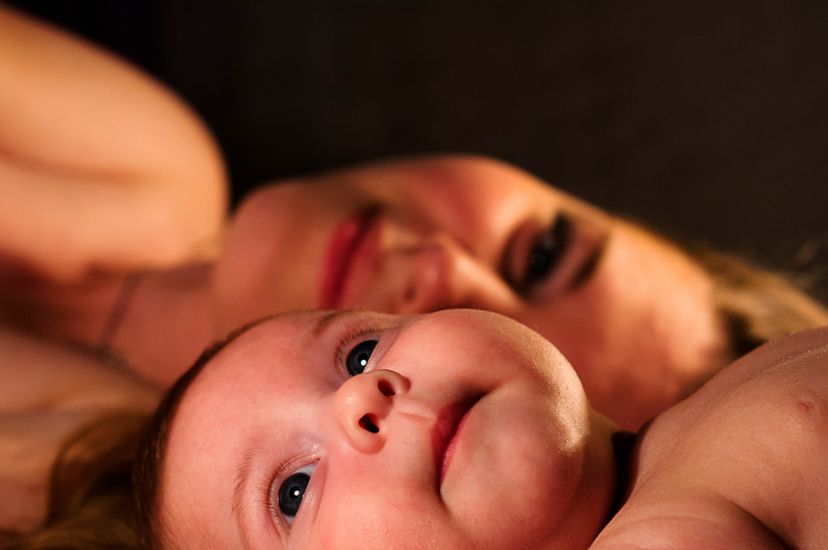
Ah, the youngest child - often the center of attention, the family's little charmer, and the one who seemingly gets away with everything. But is there more to this birth order phenomenon than meets the eye? Enter the intriguing world of "youngest child syndrome," a term that has captivated the public's imagination for decades.
While not an official medical or psychological diagnosis, youngest child syndrome refers to a set of characteristics and behaviors commonly associated with being the youngest sibling in a family. From risk-taking and entrepreneurial spirit to a tendency towards spoiledness and attention-seeking, the youngest child is often portrayed as the "baby" of the family, with both positive and negative connotations.
Advertisement
As we delve into the complexities of this birth order dynamic, we'll uncover the latest research, explore the psychological and familial factors at play, and equip parents and youngest children alike with strategies to navigate this unique position. So, let's embark on a journey to understand the nuances of youngest child syndrome and how it can shape the lives of those who wear this label.